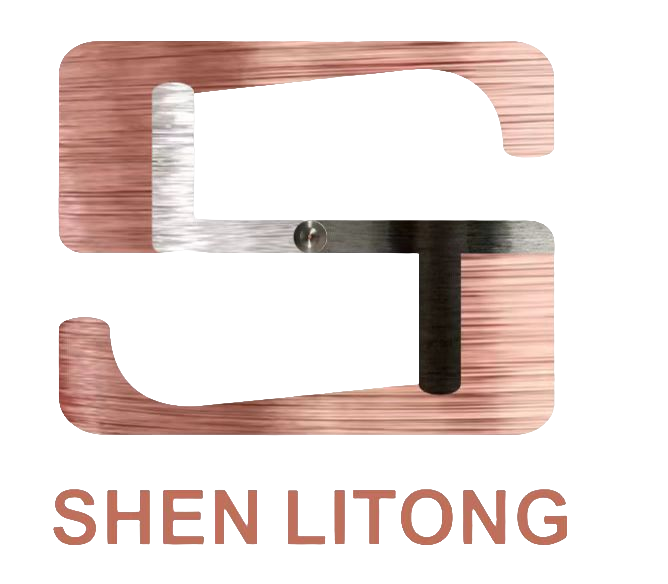What Is a Wire Drawing Die Used For?
Wire Drawing Die
What Is a Wire Drawing Die Used For
Wire drawing dies are essential tools in the metalworking industry, playing a critical role in the production of wires with precise dimensions and smooth surfaces. These specialized dies are used to reduce the diameter of metal rods or wires by pulling them through a tapered opening, known as the die, under high tension.
The primary purpose of wire drawing dies is to create wires with specific thicknesses and finishes for various industrial applications. Commonly drawn materials include copper, steel, aluminum, and tungsten, which are used in sectors such as telecommunications, construction, automotive, and electronics.
Wire drawing dies are typically made from durable materials like tungsten carbide, polycrystalline diamond (PCD), or natural diamond, ensuring they can withstand the high pressures and friction generated during the wire drawing process. The choice of die material depends on the type of metal being processed and the precision required.
One of the key advantages of using wire drawing dies is the ability to produce wires with consistent quality and uniform properties. By controlling parameters such as die angle, lubrication, and drawing speed, manufacturers can achieve precise results tailored to specific applications, such as electrical wiring, suspension cables, or medical devices.
Innovations in wire drawing technology have further enhanced the efficiency and lifespan of these dies. Coatings and advanced lubricants minimize wear, while automated monitoring systems optimize the process, reducing waste and improving productivity.
In conclusion, wire drawing dies are indispensable tools in modern manufacturing, enabling the production of high-quality wires that meet the exacting standards of diverse industries. Their precision and durability make them a cornerstone of efficient and reliable wire production processes.
 English
English Español
Español Português
Português русский
русский français
français 日本語
日本語 Deutsch
Deutsch Tiếng Việt
Tiếng Việt Nederlands
Nederlands ไทย
ไทย Polski
Polski 한국어
한국어 Svenska
Svenska magyar
magyar Malay
Malay বাংলা
বাংলা Dansk
Dansk Suomi
Suomi हिन्दी
हिन्दी Pilipino
Pilipino Türk
Türk Gaeilge
Gaeilge عربى
عربى Indonesia
Indonesia norsk
norsk čeština
čeština Ελληνικά
Ελληνικά Українська
Українська नेपाली
नेपाली Burmese
Burmese български
български ລາວ
ລາວ Latine
Latine slovenský
slovenský Lietuvos
Lietuvos

The Maintenance And Usage Methods Of Drawing Dies Mainly Include The Following Aspects
Regular cleaning: During use, wire drawing dies will accumulate dirt and oil stains. If these contaminants are not cleaned in time, they will affect the service life and performance of the dies. Therefore, it is necessary to regularly wipe the surface of the dies clean with solvents such as alcohol or gasoline.
Read MoreThe Main Reasons For Wire Breakage In Drawing Dies Include The Following Points
Die wear: During long-term use, drawing dies will naturally wear out due to friction, resulting in plastic deformation and fatigue cracks on the die surface, which affects its normal service life.
Read MoreKey characteristics of carbide wire drawing die
High hardness: The hardness of the cemented carbide material is close to diamond, and it can withstand the strong wear of the wire at high speed through the die.
Read More